This is part three in the series “Arabs Say…” featuring Arabic speakers from around the Arab world who gives their views on their language and how it is used today. Of course, we should keep in mind that these are personal views and do not represent the views of everyone in their countries. Still, we can learn a lot about the overall linguistic situation and some commonalities and regional differences.
If a foreigner comes to work or live in your country, should they learn Modern Standard Arabic or the dialect?
I believe either would help them in their everyday life. Even though we study French and English in school, not everyone can speak these languages, so, learning MSA or the local dialect would make their interactions with people much easier. Since Arabic is not an easy language, if I encouter someone speaking it, it would make me curious how they learned, and I would want to interact with them even more. As Nelson Mandela once said, "If you talk to a man in a language he understands, that goes to his head. If you talk to him in his language, that goes to his heart."
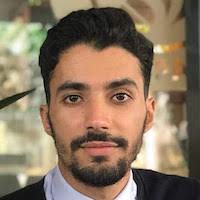
I believe either would help them in their everyday life. Even though we study French and English in school, not everyone can speak these languages, so, learning MSA or the local dialect would make their interactions with people much easier. Since Arabic is not an easy language, if I encouter someone speaking it, it would make me curious how they learned, and I would want to interact with them even more. As Nelson Mandela once said, "If you talk to a man in a language he understands, that goes to his head. If you talk to him in his language, that goes to his heart."

They should study our dialect because people do not talk in Standard Arabic. Most people speak Darija (the Tunisian dialect). Knowing MSA might help you to understand some Darija words that have Arabic origin, but Tunisian speech is not 100% Arabic. It is mixed with French, Italian, and Turkish.
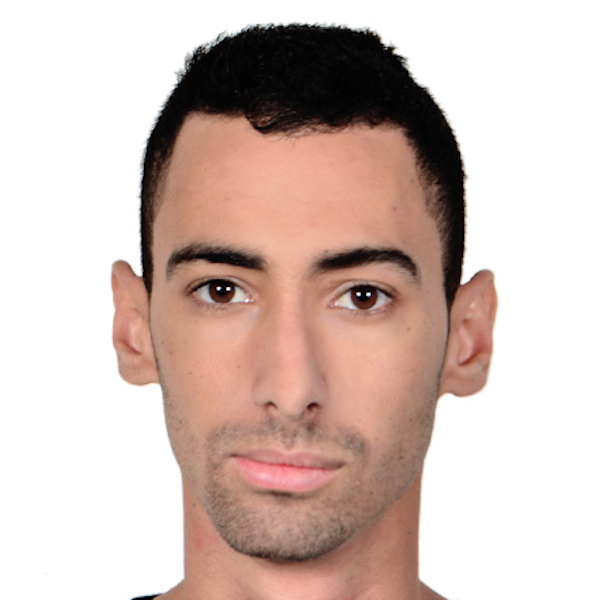
They should study our dialect because people do not talk in Standard Arabic. Most people speak Darija (the Tunisian dialect). Knowing MSA might help you to understand some Darija words that have Arabic origin, but Tunisian speech is not 100% Arabic. It is mixed with French, Italian, and Turkish.

They should start with Fusha (MSA), as it is the base from which our dialect was born. After, or while, learning MSA–if it’s feasible–they can learn the everyday Sudanese Arabic dialect so as to be eased into the everyday life of their surroundings.
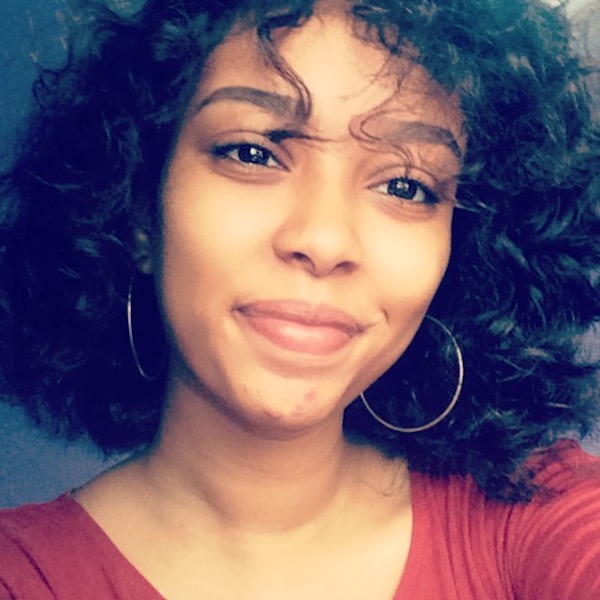
They should start with Fusha (MSA), as it is the base from which our dialect was born. After, or while, learning MSA–if it’s feasible–they can learn the everyday Sudanese Arabic dialect so as to be eased into the everyday life of their surroundings.

It is better to learn Egyptian Colloquial Arabic because if the foreigner deals with Egyptians using MSA, it will be strange. It would also to be funny because we don't use MSA most of the time. We just use it in formal situations.
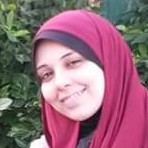
It is better to learn Egyptian Colloquial Arabic because if the foreigner deals with Egyptians using MSA, it will be strange. It would also to be funny because we don't use MSA most of the time. We just use it in formal situations.

I would prefer if he learned MSA because it's more standard, and all people with different dialects would be able to understand him. "Most" Arabs understand MSA (except for uneducated people). Plus, learning MSA will enable him to travel to other Arabic countries, and they all will be able to understand him well and talk to him too. MSA is the standard and the official language for all Arabic countries.

I would prefer if he learned MSA because it's more standard, and all people with different dialects would be able to understand him. "Most" Arabs understand MSA (except for uneducated people). Plus, learning MSA will enable him to travel to other Arabic countries, and they all will be able to understand him well and talk to him too. MSA is the standard and the official language for all Arabic countries.

I think learning either one of them could easily facilitate comprehension. So, may be learning MSA would be easier and more practical to learn and could be more helpful for writing, reading, listening, and speaking, too.

I think learning either one of them could easily facilitate comprehension. So, may be learning MSA would be easier and more practical to learn and could be more helpful for writing, reading, listening, and speaking, too.

If he knows MSA already, it will help him communicate easily with anyone here. Furthermore, this can also help if he wants to visit other Arab countries. MSA is known by all Arabic speakers regardless of their dialects.
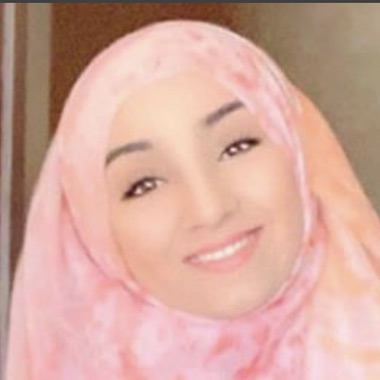
If he knows MSA already, it will help him communicate easily with anyone here. Furthermore, this can also help if he wants to visit other Arab countries. MSA is known by all Arabic speakers regardless of their dialects.

I think the foreigner should learn the dialect of the country to blend in. Using MSA in real life situations sounds weird, unnatural, formal, and robot-like (like the robot voice in text-to-speech applications). A person who speaks in MSA appears cold and formal. However, speaking the dialect of the country makes the speech more informal, natural, and friendly.

I think the foreigner should learn the dialect of the country to blend in. Using MSA in real life situations sounds weird, unnatural, formal, and robot-like (like the robot voice in text-to-speech applications). A person who speaks in MSA appears cold and formal. However, speaking the dialect of the country makes the speech more informal, natural, and friendly.

Foreigners used to come to Syria before the war, but they don't anymore. But if they were coming for the purpose of studying in my country, they would need to learn both al-fusha and the local dialect because in academics (lectures and books) al-fusha is used. Still, they need to learn the dialect to communicate with people the right way because there are a lot of people who do not know al-fusha. And even if they know it, they will communicate better with someone who speaks the Syrian Arabic dialect. (But if their purpose is not academic, it is not necessary to learn MSA.)
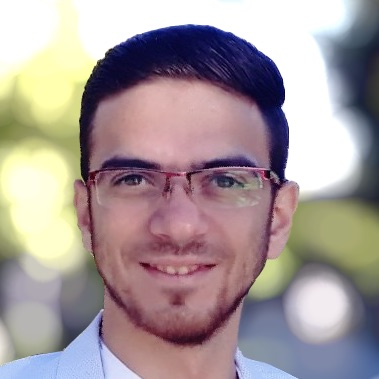
Foreigners used to come to Syria before the war, but they don't anymore. But if they were coming for the purpose of studying in my country, they would need to learn both al-fusha and the local dialect because in academics (lectures and books) al-fusha is used. Still, they need to learn the dialect to communicate with people the right way because there are a lot of people who do not know al-fusha. And even if they know it, they will communicate better with someone who speaks the Syrian Arabic dialect. (But if their purpose is not academic, it is not necessary to learn MSA.)

In my opinion, learning Standard Arabic would be more useful for a foreigner since everyone can understand him, and afterward, he can use MSA to communicate with any Arab person no matter what dialect they speak.

In my opinion, learning Standard Arabic would be more useful for a foreigner since everyone can understand him, and afterward, he can use MSA to communicate with any Arab person no matter what dialect they speak.

I think the dialect should be learned to interact with people. If MSA were used, people would think that you might have some mental health problems... because Arabic people with autism usually speak in MSA for some reason.
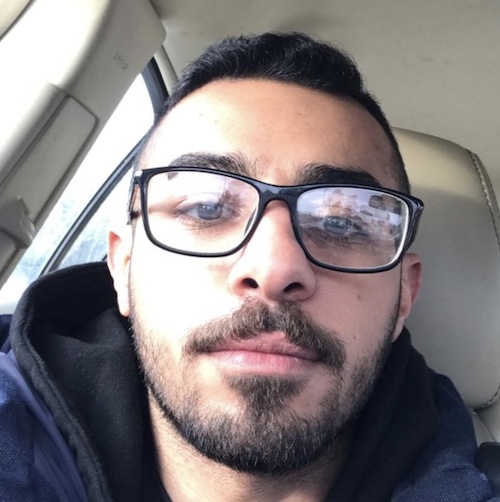
I think the dialect should be learned to interact with people. If MSA were used, people would think that you might have some mental health problems... because Arabic people with autism usually speak in MSA for some reason.

It's better to learn the MSA first because it would be easier to translate words from MSA than the dialect. Our dictionaries translate other languages to MSA and not dialect, and people will understand what you're saying. However, with time, foreigners will get used to words in the dialect and use them.

It's better to learn the MSA first because it would be easier to translate words from MSA than the dialect. Our dictionaries translate other languages to MSA and not dialect, and people will understand what you're saying. However, with time, foreigners will get used to words in the dialect and use them.


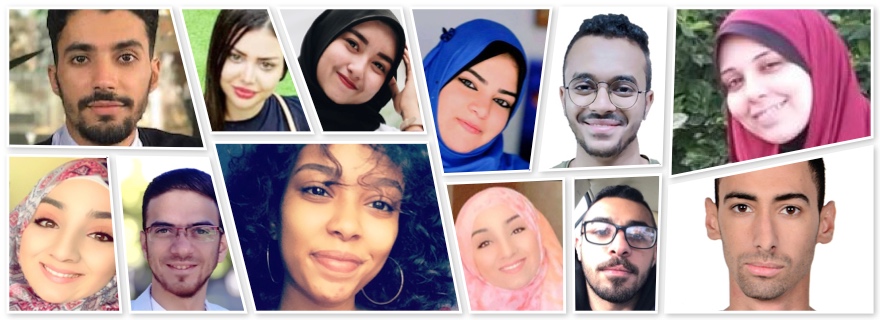
I agree with many of these opinions, perhaps because as a non-native speaker I learned MSA first (and, so far, it’s the only one I feel really comfortable with, though I am picking up dialects). As Sohaib (from Iraq) said above, it’s a good tool to have to fall back upon in case one is stumbling through dialect, and it can be used anywhere. While some dialects (such as Egyptian) are encountered widely through the Arab world owing to the proliferation of movies recorded in Egypt or dubbed into Egyptian dialect, one would be hard-pressed to find someone in Iraq who speaks fluent Maghrebi. MSA is good to fall back on, even if it does (to echo what Nadine said) sound a bit robotic and stilted. It is, at least to some degree, understood by most if not all Arabs.
I believe that in an academic setting, whether self-studying or receiving formal classroom instruction, Modern Standard Arabic should be the foundation and then, once a solid base in it is established, students can pick a dialect to learn either independently or as an augment to MSA.
صح كلامك
I agree. And there are advantages to both approaches. It’s such a controversial topic whether you should start with MSA and then learn a dialect or vice versa. People seem to have really strong feelings about this one way or the other. (My personal opinion is probably so unpopular I hardly dare put it out there!) Of course, MSA and colloquial dialects each have their place. And for a learner, it all depends on their goals–whether they want to easily communicate (but maybe not sound natural) with people from all over the Arab world or just communicate with locals in the place they’re living or read literature or, or, or…
I always like to use physical exercise as an analogy for language learning. There’s no one right way. Some methods may be more or less efficient, but in the end, it all depends on your goals and preferences.
Jeez Loueez ‘alaik yaa Mustafa ! Who are these people in the KSA who would think a person has mental health issues for conversing in Fusha–bratty teenagers !? Then let them think I am the most autistic, disturbed person in the world. And shame on them for thinking the language of their ancestors and of the Qur’an is the language of mental disturbance.
I think what Mustafa is saying is that speaking MSA in everyday conversation is so odd–something native speakers would normally never do–that it sets off a red flag for him. The only time he may have experienced this is from people with autism. And there is, interestingly, something to this. I found this study: Non-colloquial Arabic in Tunisian Children with Autism Spectrum Disorder . Individuals with autism (or maybe more specifically Asperger’s?) have difficulties with pragmatics (appropriate language register or conventional rules of conversation), and this makes for an interesting situation in diglossic societies–such as the Arab world, where two (or more!) varieties of Arabic are used… but for specific purposes. And here’s an article I just found about a young man with autism from Egypt who only uses MSA. In any case, I don’t think Mustafa is saying that MSA is bad, just that it is odd to use in many (or most) situations–just as it would be odd to speak Latin or Shakespearean English with your neighbor or waiter. Of course, I’m sure people are more understanding and forgiving of a non-native speaker who uses MSA in situations where native speakers would normally use the colloquial language.
I’m not surprised that so many of the participants in the survey said MSA. There’s definitely a sense of pride and cultural identity tied to MSA among Arabs. But I am, at the same time, surprised since the question is specifically “if a foreigner comes to work or live in your country.” I remember when I realized just how odd it is to use MSA in everyday speech: When I first went to study Arabic in Egypt, my roommate was an Arabic major from Korea and was only learning MSA. I remember going places with him and seeing the amusement on locals’ faces when he’d start talking to them in MSA, which he spoke quite proficiently. They’d usually reply in Egyptian Arabic, and when he couldn’t understand well, sometimes translate to MSA for him–but the interactions were always awkward and confusing. 🙂
As a non native speaker, it was very helpful to learn MSA first as building a solid background to help pronounciate letters in the Arabic alphabet. You can choose the dialect later as it could be determined by what path you choose to take. Maybe you have a career in Saudia Arabia and so it’s best to study that dialect or maybe you met someone in the North and you choose to go that route. At least you will have the foundation needed to choose
I have been teaching Arabic language for 5 years, I had very good results with students and I will tell you what do I think:
– Being native in a language and teach it are 2 totally different things, most of native speakers dont understand many linguistic aspects of their mother tongue ..so starting your journey talking with a native speaker is not always the best way.
– Between Arabic speakers, the ones who value MSA, usually have more education/culture level than others because it is the dialect used in books and educational material. So if you meet someone who think that his dialect is like another language, that person probably wont make your learning experience easier.
– MSA is a standard dialect, no body speak it as native dialect, it is the standard form to write ideas (books, newspaper..etc) and to communicate high level ideas (news, interview, poems..etc) and it is not meant to be used in the street, the same thing happen with Persian and Urdu, it is not an error in the language but a property.For example I can discuss some idea with my teacher in Spoken Arabic but taking my notes in MSA.
– Arabic has many vocabs sometime for the same thing so for example MSA can use one form and the spoken dialect uses another form.
– Dialects are special cases from MSA and it have been around since long long time and usually it follow logical pattern based on MSA, each dialect can get closer/far to/from MSA.
– (Very important) the best way to learn the language is to learn MSA with Formal spoken dialect at the same times! Formal spoken dialect: is a dialect very similar to MSA, more understandable among all arabs and it has the spoken dialect properties so to people with no education this dialect will sound normal and natural.
it is the dialect used by politics and intellectual.
– Formal spoken Arabic means to avoid idioms and closed regional forms..stick to general and more understandable vocabs your Arabic tutor should help you a lot in this part.
This is because Arabic is spoken by around 480 millions in 26 countries so it is normal to find idioms and differences.
So Start with MSA + Formal spoken Arabic you will see results.